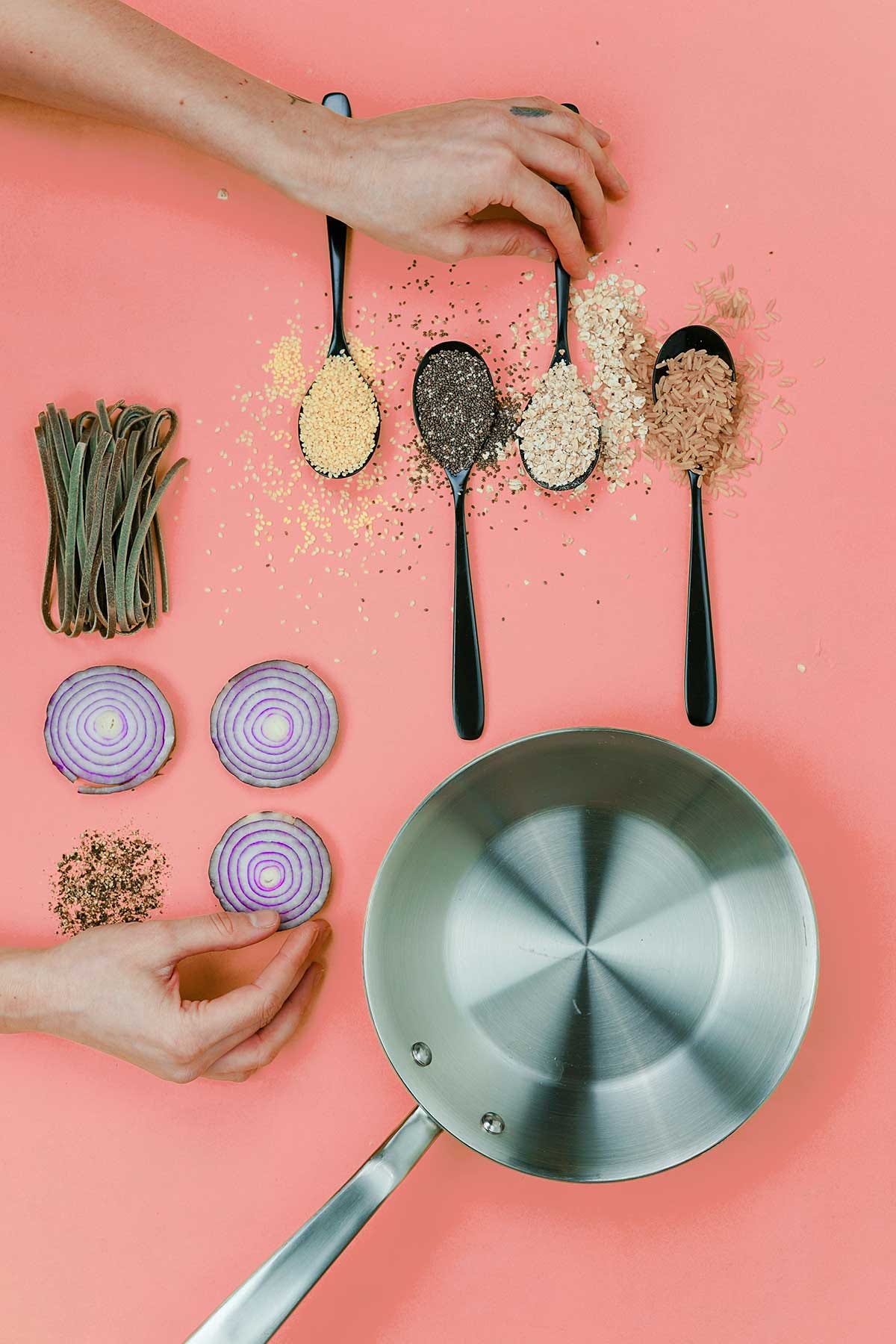YOU KNOW the feeling well: You’ve invested time and energy and had to hock your kidney to buy all the ingredients for a “genius” recipe, only to end up with a dish that makes you wonder if the author/writer/blogger has a hit out on you.
For more than 25 years, I’ve had my nose in thousands of cookbooks searching for recipes to test and post on Leite’s Culinaria. You’d be shocked at the number of published recipes that simply don’t work as written or are just, well, blah. And some of these books are from famous, beloved writers. (I’m not naming names, as I don’t want to throw some of my colleagues under the butter-spattered bus, but I bet you have a few names on the tip of your tongue…)
Sometimes, the issue is simply a missed typo, and a responsible publishing house will issue an erratum and get it into the books pronto. But, sometimes, a publisher or author simply doesn’t care.
I remember one time my testers discovered a massive issue with a baking recipe, and when I contacted the author, they wrote back: “Yeah, I know. But I’ve moved on to my next book. Can’t be bothered.” CAN’T BE BOTHERED?
Every time I publish a recipe, I obsessively hit the “reload comments” button for days, terrified a reader will interpret something I wrote in a way I never could have anticipated, leading to failure. The truth is it takes an author a bevy of killer recipes to gain a reader’s trust and just one screwup to lose it.
I’d love to know some of the telltale signs you look for that let you know a recipe just isn’t going to work. Tell all of us below.
And DON’T get me started on AI-generated recipes…
But fear not, mes amis. Here’s a guide I put together based on my years of experience to help you spot a poorly written recipe before you’re elbow-deep in dough and despair.





